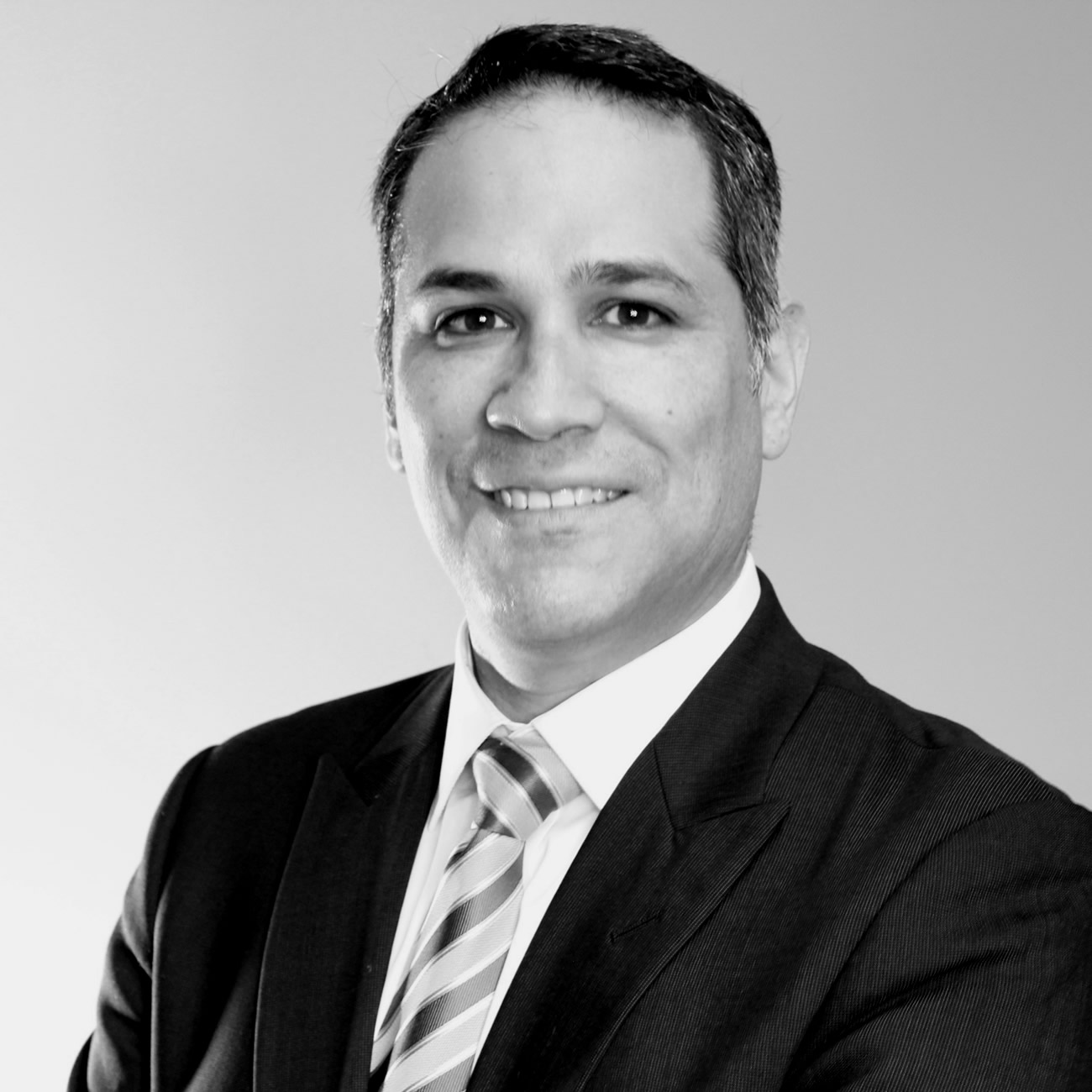By Jose Ruiz
Jose Ruiz serves as Alder Koten’s Chief Executive Officer providing vision, strategic direction and the roadmap for the firm’s future. He is also involved in executive search work focused on board members, CEOs and senior-level executives; and consulting engagements related to leadership and organizational effectiveness helping clients create thriving cultures.
Selecting people to join the board of directors must be done carefully to ensure good corporate governance. Their individual backgrounds, including professional experiences and education levels, would influence their perspectives. Also, among the most crucial board members are the experts, whose levels of expertise vary from person to person and must be clearly recognized to ensure suitability.
First and foremost, decide whether the CEO should become a member of the board of directors. There are pros and cons on this. Moreover, since often the founder of a tech company is also the CEO, he or she is also considered an “expert.”
Those who are for a CEO to become the chairman or the chairwoman of the board of directors argue that a study found that there is no causal and statistical relationships between independent status and operating performance. Other study found that combining both positions can be quite favorable, while forced separation can be quite detrimental to the bottom line and operating performance. Moreover, there was no finding that concluded a technically-inclined CEO would make an unfavorable CEO and Chairman.
Second, creating a good board composition, which includes technical experts, requires specific considerations. The notion that “the more experts are, the better” is merely a myth, which must not be followed literally. It is due to every individual possesses different levels of hard and soft skills. While hard skills are easy to measure, the latter are not.
In the process of composing the board, consider these four important elements in hiring technical experts. While soft skills are an important consideration factor, there are also other factors that would affect the overall performance, communication, and interpersonal relationship among the board members and with other stakeholders.
First, inflexibility in thinking.
The deeper one’s level of technical expertise, the less flexible their thinking becomes. For instance, those with decades of technical experiences tend to dismiss fresh ideas and unable to think “outside the box.”
In today’s fast-moving and unpredictable economy, it is important to remain as flexible as possible while maintaining technical expertise. Otherwise, inflexibility in thinking can become a liability.
Second, overconfidence in one’s expertise.
Overconfidence can be recognized in various ways, including in how they deal with others’ ideas. It can also be seen in how they carry themselves. For instance, when answering questions, how do they appear?
Some people are good at showing how confident they are while their level of expertise is not up to par. On the other hand, there are also people who are not that ambitious, thus appear less confident, while their skill level is far beyond others’. Be aware of both types.
Third, overcompetitiveness in showing one’s expertise.
While a board might comprise of technical experts with various backgrounds, meetings can be a good place to spot one’s competitiveness. Do they tend to dominate the meeting or do they listen attentively and contribute as needed? Are they pompous or humble?
Fourth, poor communication.
A good communication already solves half of a problem. So by “good communication,” it refers to more than good interpersonal and organizational skills. Because, quite often, technical expertise must be communicated in layman’s terms.
In conclusion, composing a balanced board of directors should not be taken lightly. By carefully considering those four factors, you should be able to select expert members showing more flexibility, not overconfident, not overcompetitive, and good communication skills.
About Alder Koten
Alder Koten helps shape organizations through a combination of research, executive search, cultural & leadership assessment, and other talent advisory services. The firm was founded in 2011 and currently includes 6 partners and over 28 consultants in 4 cities. The firm’s headquarters are located in Houston and it has offices in Guadalajara, Monterrey, and Mexico City with partner firms in New York, Boston, Chicago, Australia, Belgium, Brazil, Canada, Chile, China, Denmark, Finland, France, Hong Kong, Italy, Germany, Netherlands, New Zealand, Norway, Poland, Russia, Spain, Sweden, Switzerland, Turkey, and United Kingdom. We know where to find the executives you need and how to attract top talent to your organization. Our approach to executive search is based on a thorough understanding of the strategic, cultural, financial and operational issues our clients face. Our executive search engagements are targeted and focused on the specific requirements of the position including industry and functional experience, skills, competencies, cultural fit, and leadership style. Our process is rigorous. We take a disciplined and structured approach to identifying potential candidates that meet the position requirements including subject-matter, functional and regional expertise. We use our high-level professional networks, industry knowledge, and internal research resources to achieve results in every executive search engagement.This is a text block. Click the edit button to change this text.







